
Abuja, Nigeria, May 24, 2018 / 12:38 pm (CNA/EWTN News).- Catholics from across Nigeria participated in peaceful protests on Tuesday, calling for greater government protection following a recent attack at a Catholic Church that left 19 dead.
Thousands of people in 54 cities across Nigeria participated in protests May 22, corresponding with the burial of two priests and 17 parishioners killed by Fulani herdsmen, who opened fire at a daily Mass on April 24. The herdsmen then flooded the streets, attacking pedestrians and setting fires to some 50 homes.
White caskets of those killed in the attacks were carried through the streets of the Benue state’s capital city, Makurdi, near Saint Ignatius Church, where the attack took place. Christians in other cities carried signs on the same day to proclaim the sacredness of life and a greater need for government aid.
The state of Benue shut down operations May 22 to honor those who died, Nigeria’s PM news reported. Several dozen bishops attended the burials spoke at rallies across the nation.
Cardinal John Onaiyekan of Abuja, spoke at a requiem Mass in Ayatu, Benue, according to local media. He questioned, “If we are not safe in our place of worship centers, where else can we be safe?”
Bishop Lucius Ugorji of Umuahia spoke at a peaceful protest in Abia state. In his speech, local media reported, he decried a lack of respect for life within the nation.
“Life has lost its meaning in Nigeria. And I wonder our fate if the government continues to fail in their core responsibility of providing adequate security of lives and properties in Nigeria,” he said.
“The Catholic Church in Abia state is in prayer solidarity with our brothers in Benue. The Government must do [what is necessary] to save Nigerians from herdsmen and Boko Haram attacks.”
Bishop Wilfred Anagbe of Makurdi, where the attack took place, particularly criticized Nigerian President Muhammadu Buhari, according to Deutsche Welle.
“[President Buhari] should wake up to his responsibilities. He was elected as a president for the people of this country, not for any particular group, not for any tribe,” he said, noting Buhari is the president of “a nation with about 200 million people, Christians, Muslims, Hindus, and pagans.”
Violence between Fulani herdsmen and farmers has increased in recent years, as climate issues have pushed herders further south. By mid-January this year, more than 100 deaths had been attributed to the herdsmen.
The Catholic Bishop’s Conference of Nigeria voiced grave concern about the violence in a January statement. They recognized the challenges faced by the herdsman, but expressed the need for better alternatives to open grazing.
“Government should rather encourage cattle owners to establish ranches in line with international best practice,” the bishops said.
“Farmers and herdsmen have a lot to contribute to the socio-economic prosperity of our nation. A more enduring strategy must be worked out for their peaceful co-existence and mutual respect.”
If you value the news and views Catholic World Report provides, please consider donating to support our efforts. Your contribution will help us continue to make CWR available to all readers worldwide for free, without a subscription. Thank you for your generosity!
Click here for more information on donating to CWR. Click here to sign up for our newsletter.



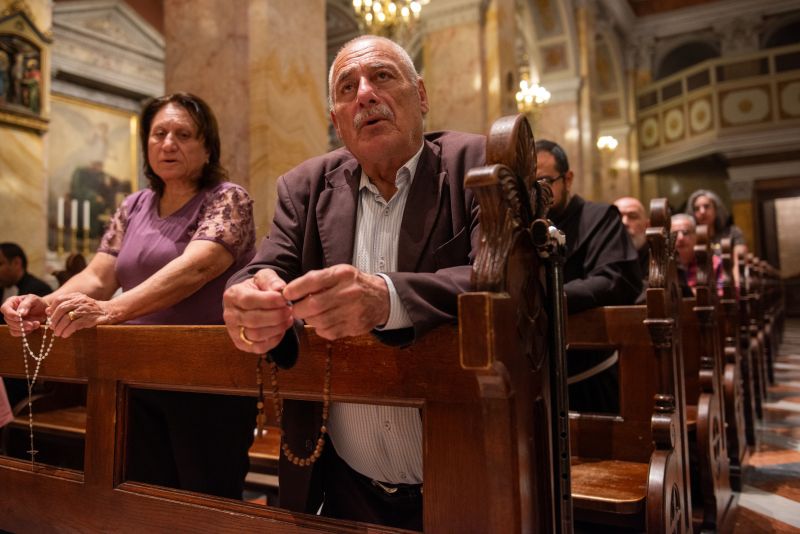
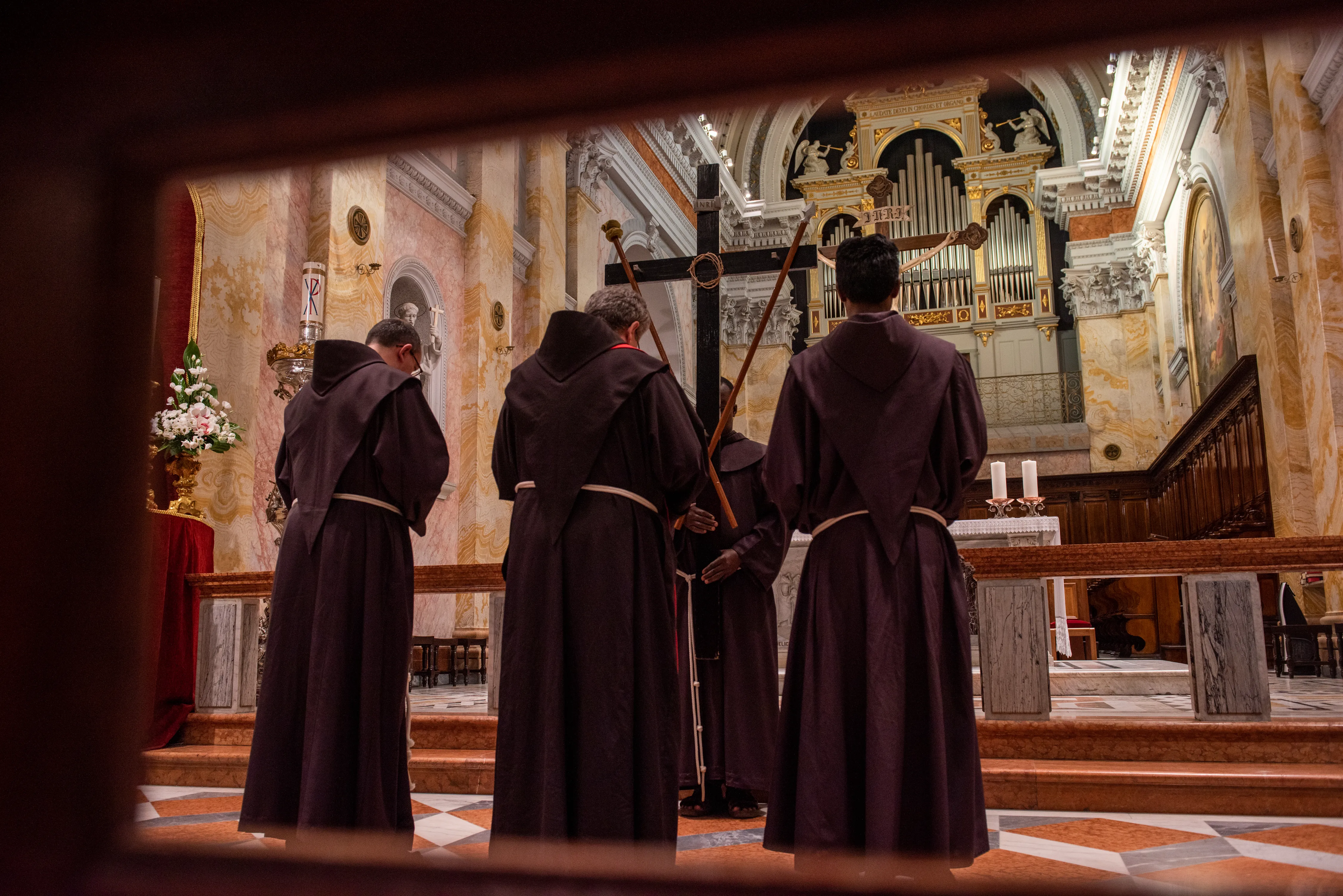
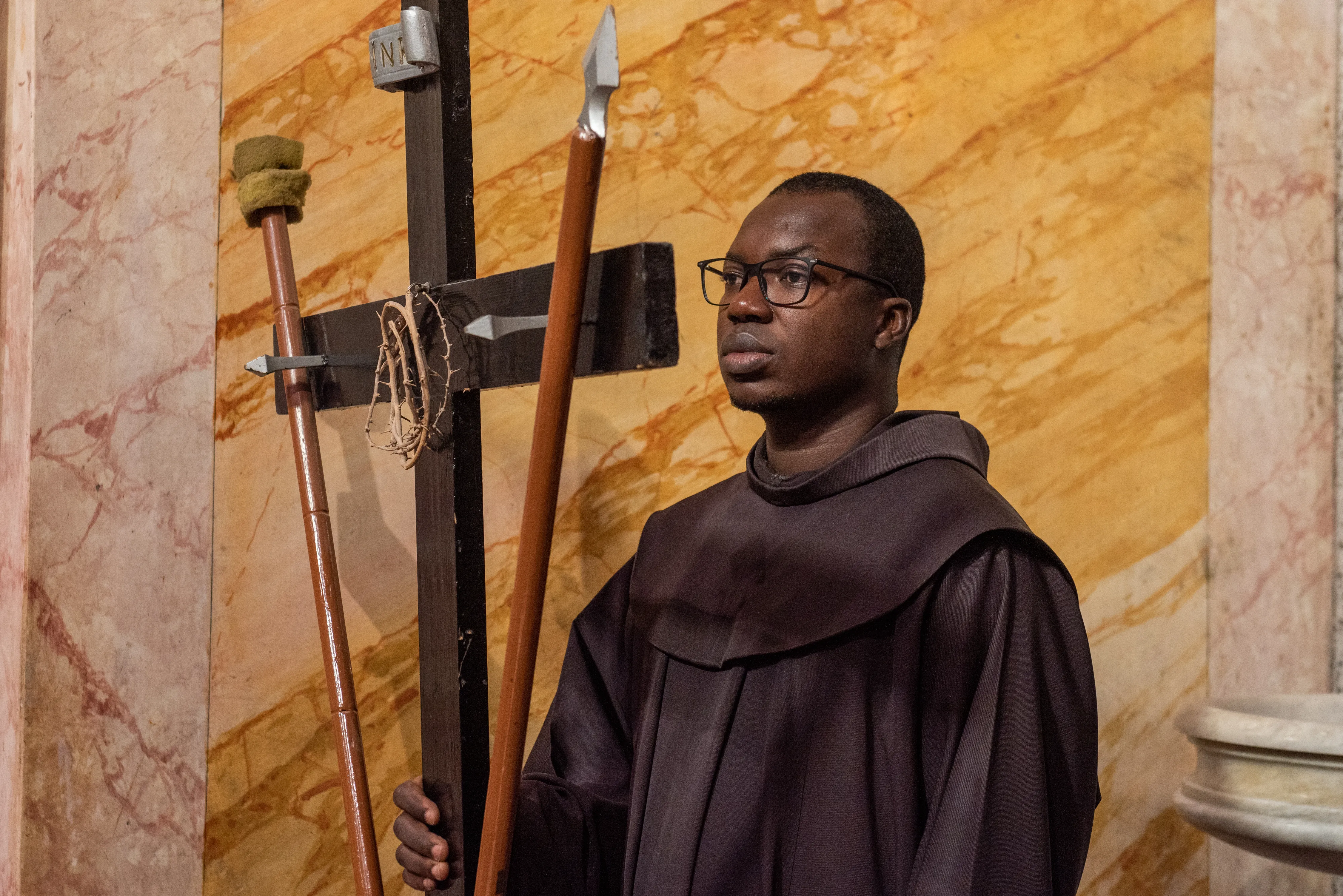
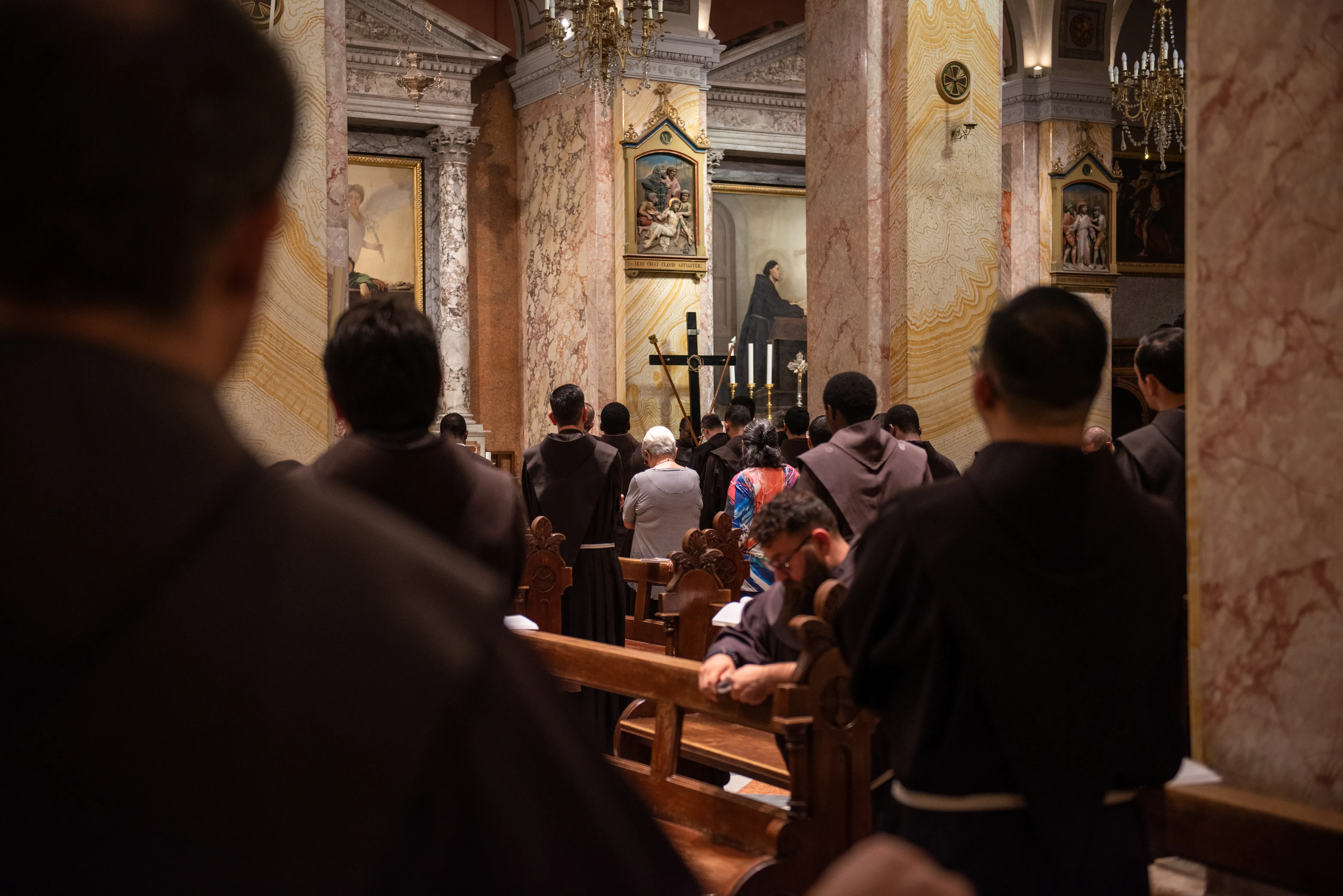
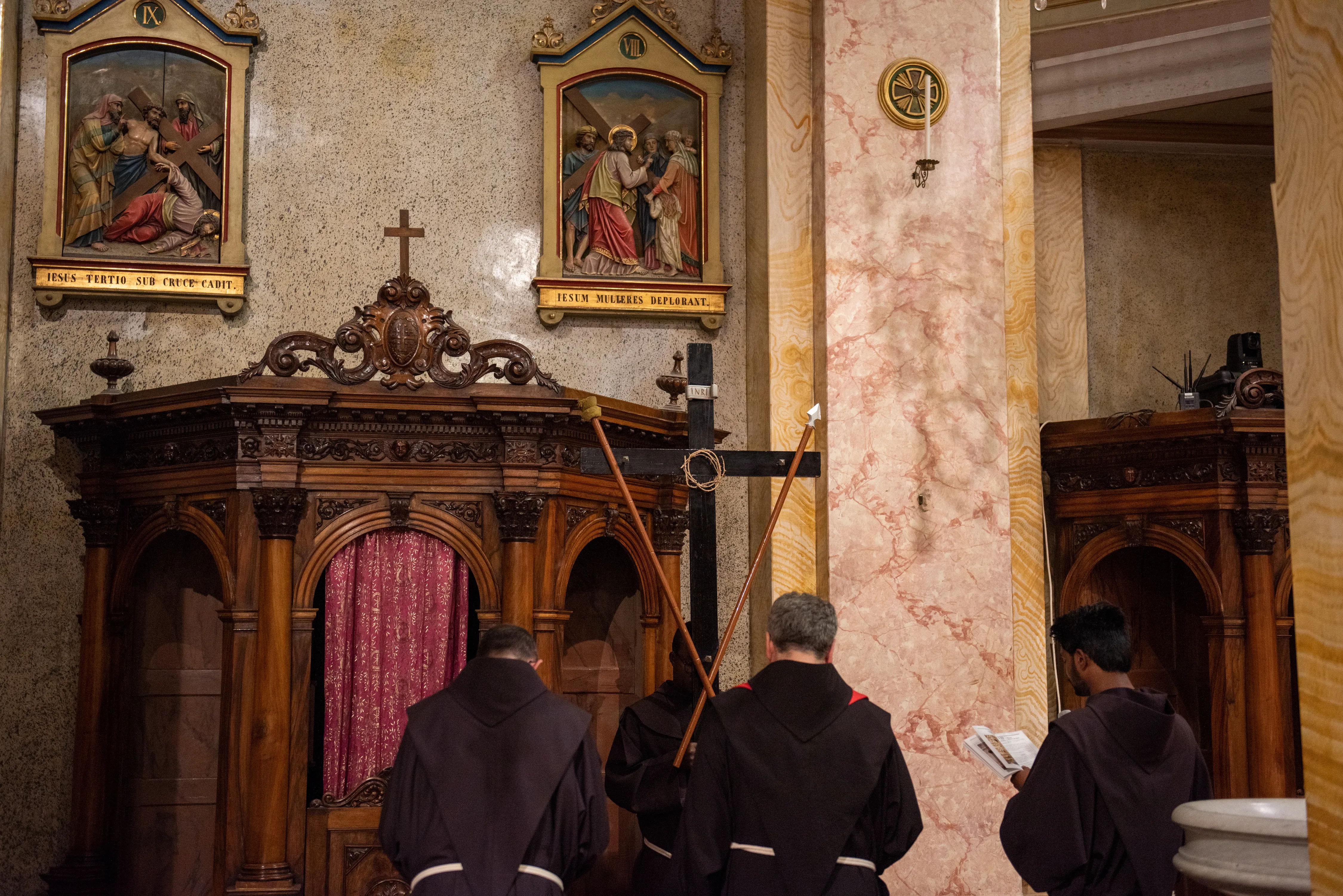
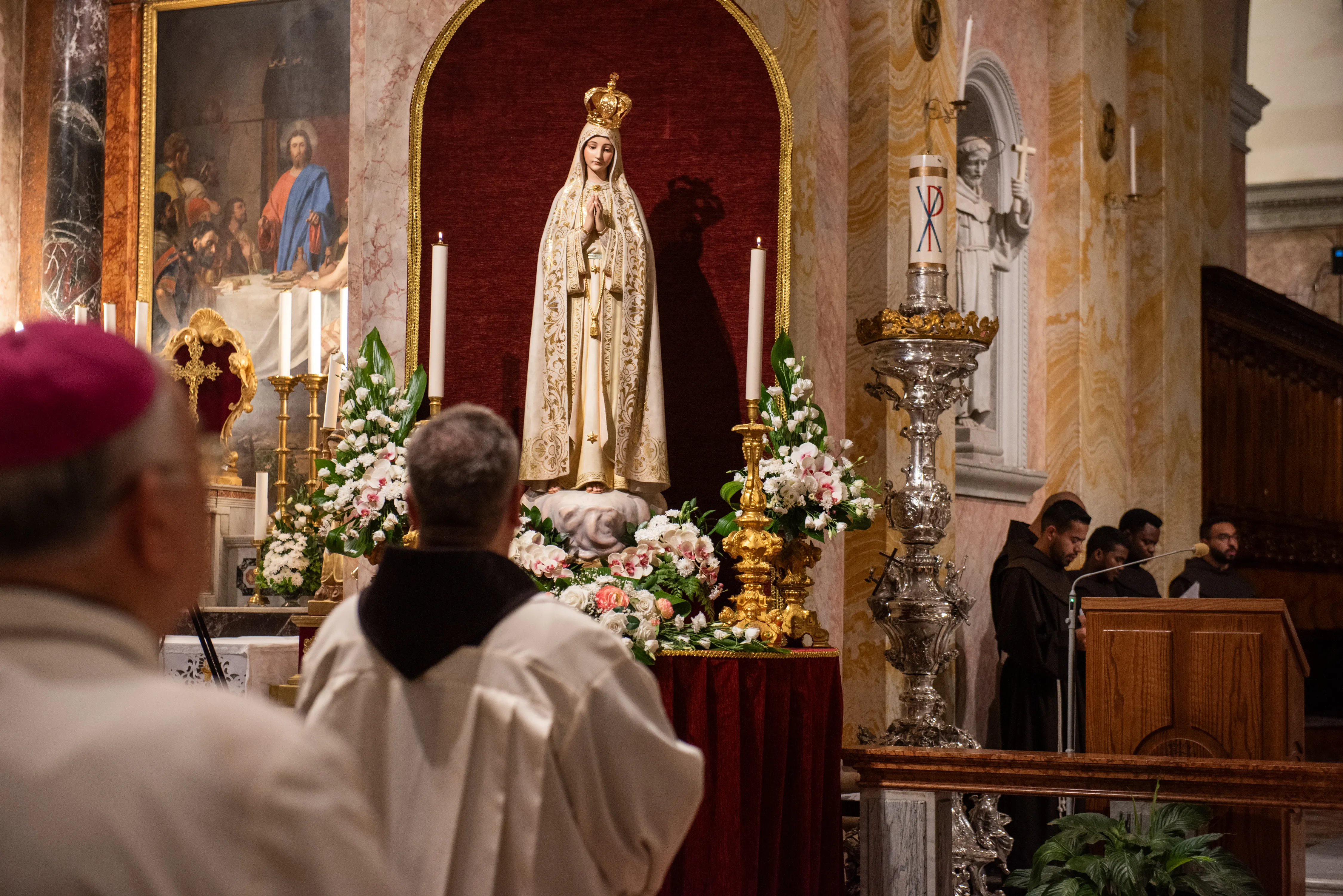
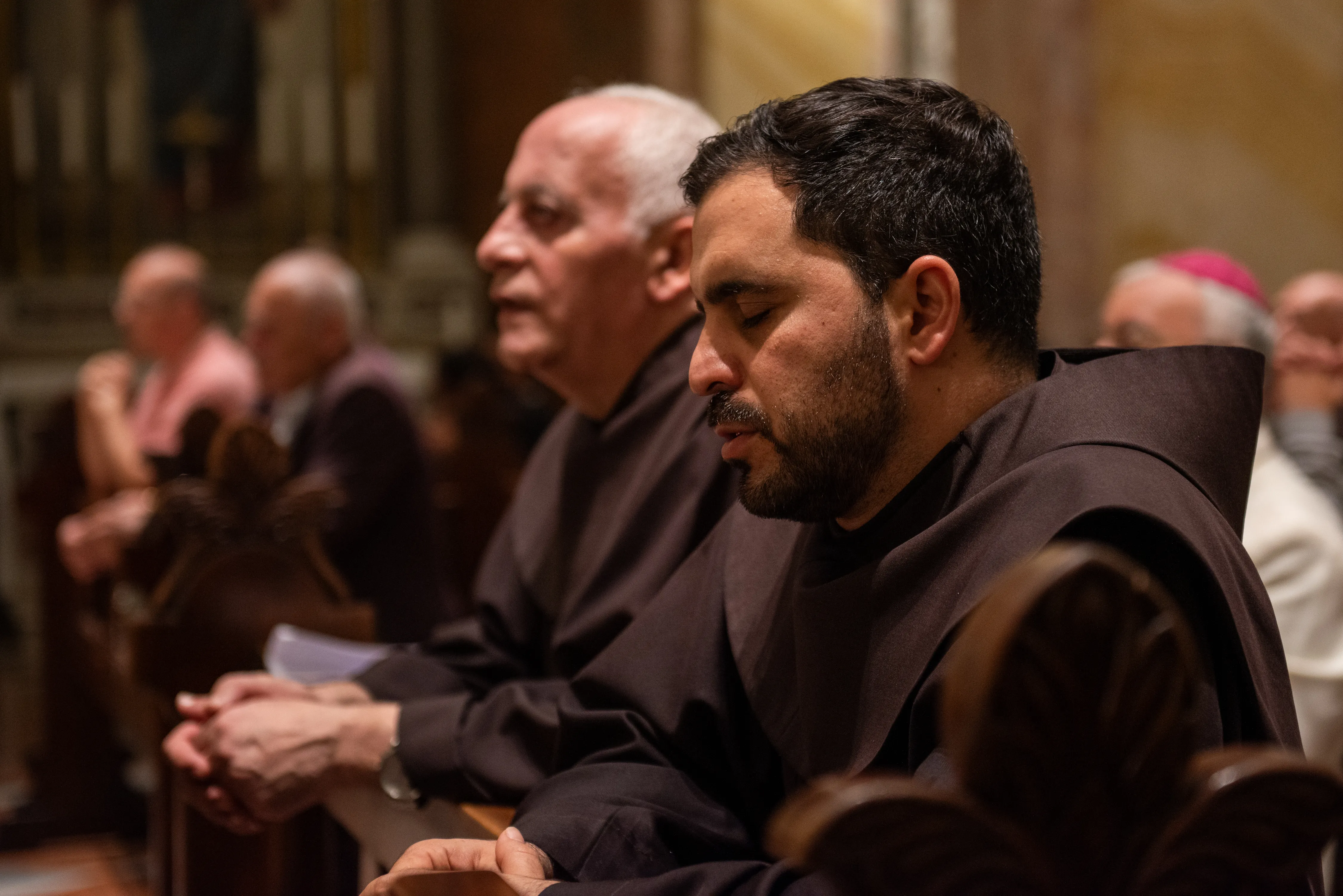
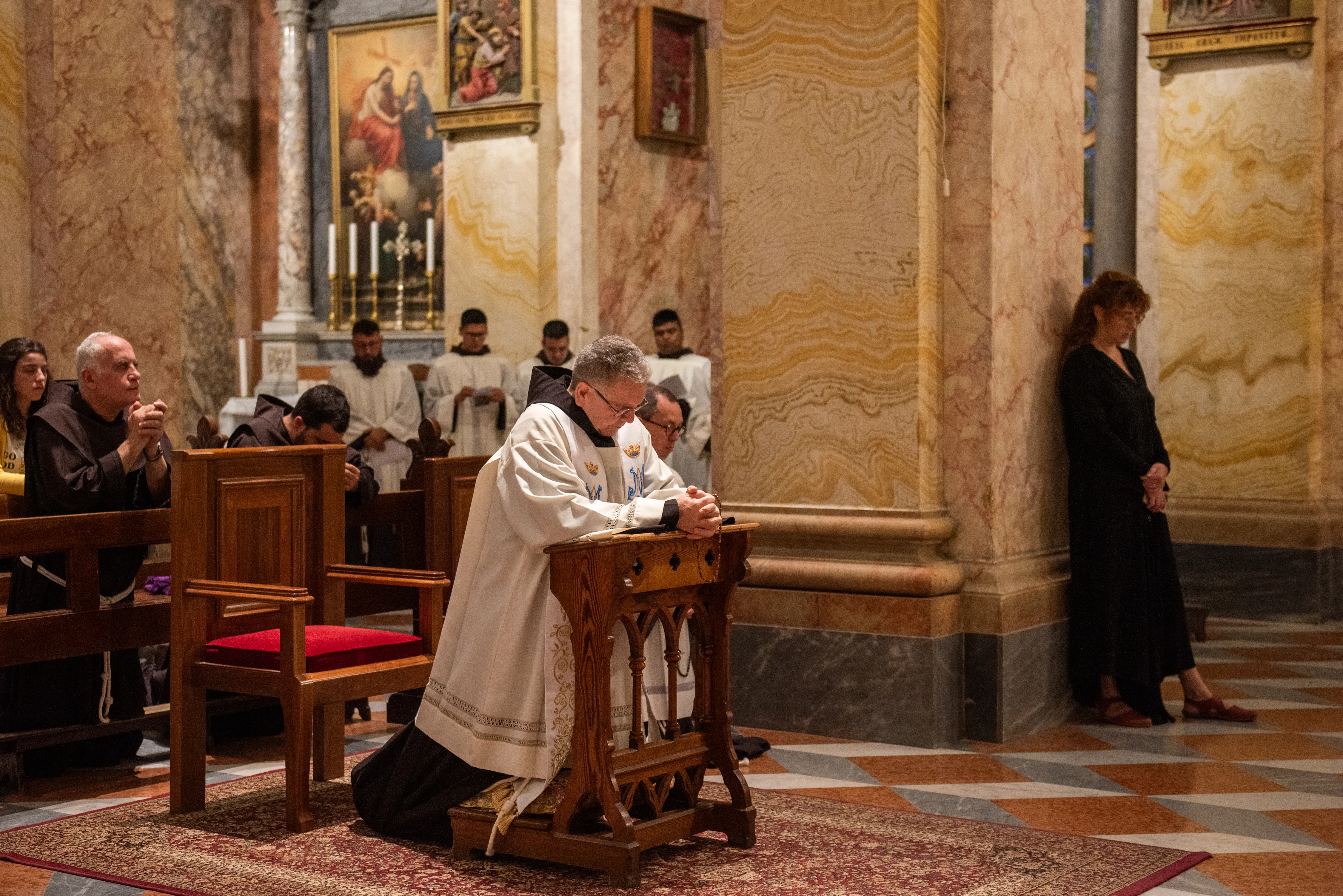
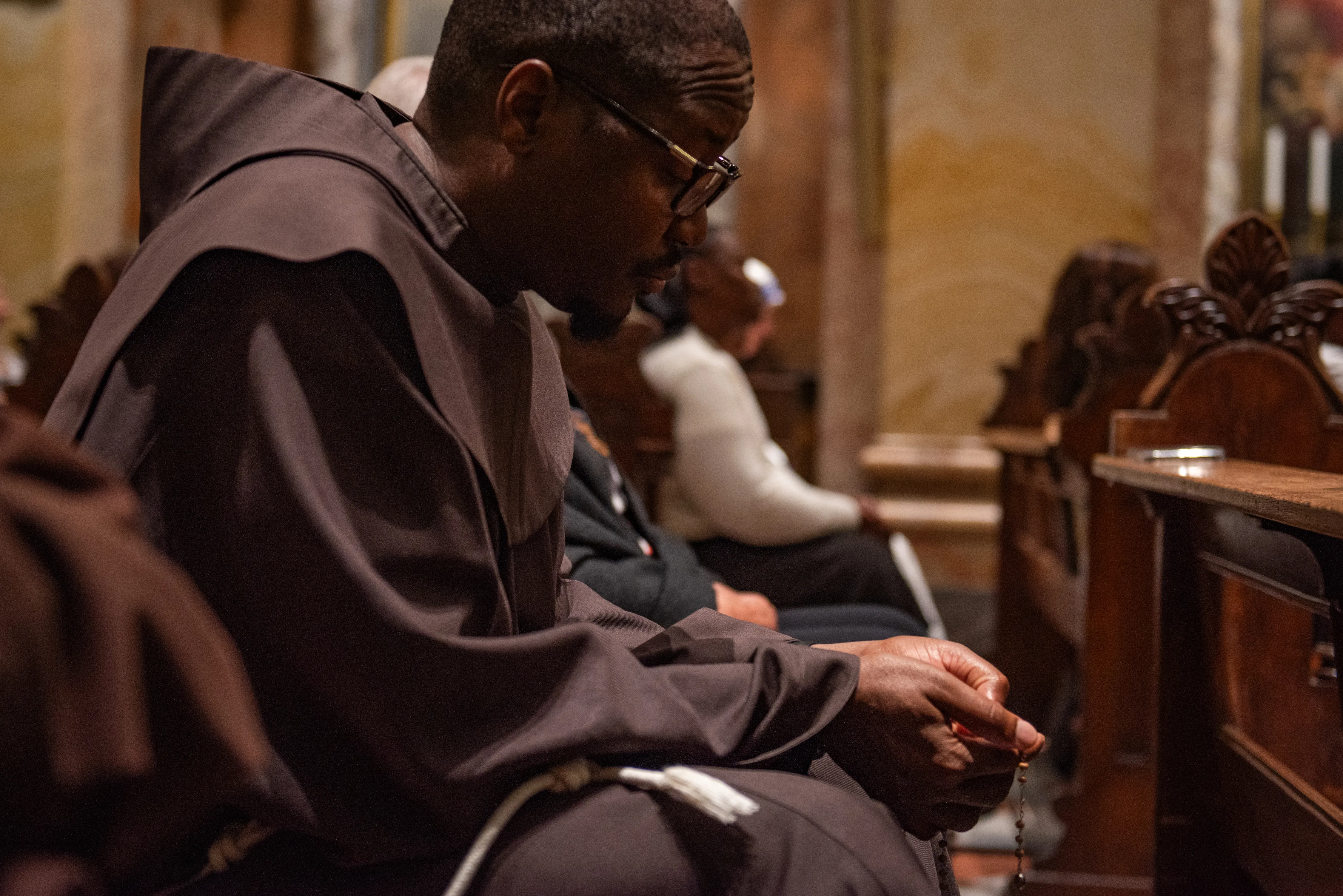
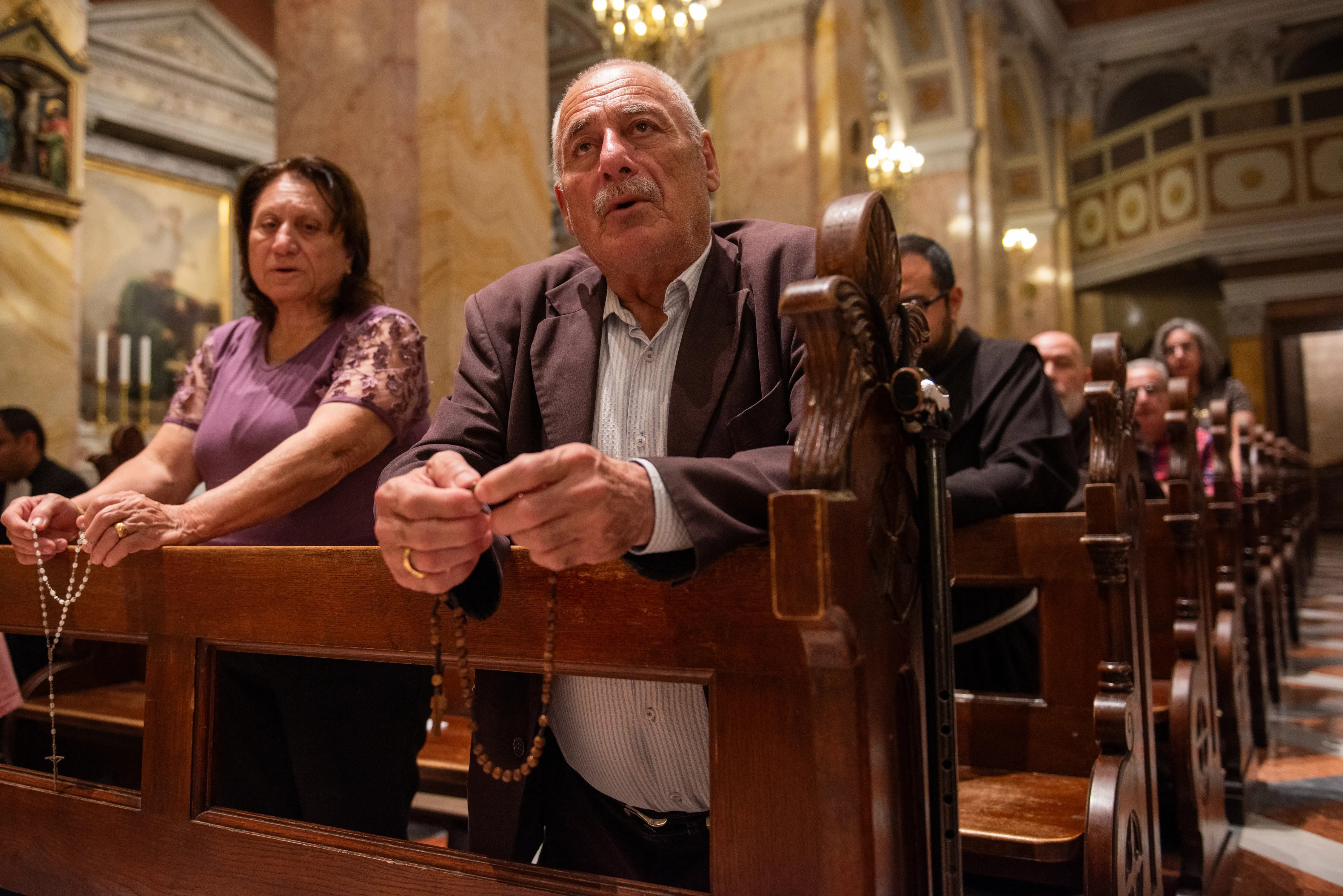
Leave a Reply